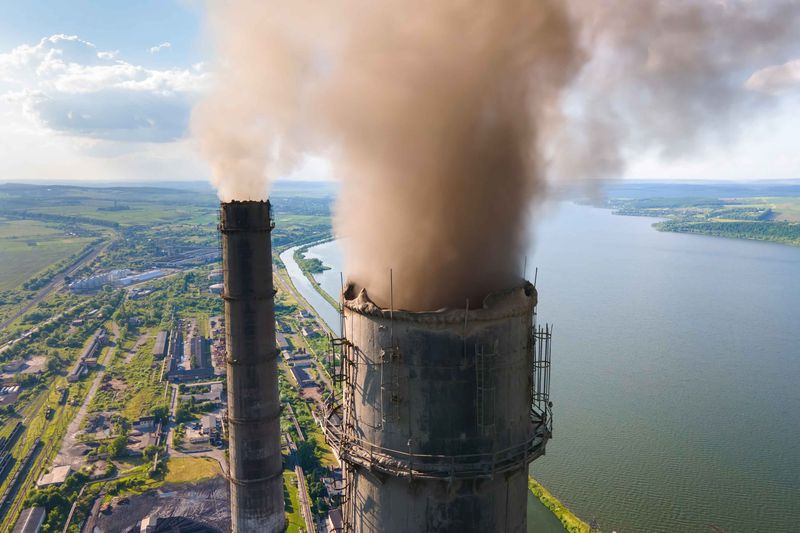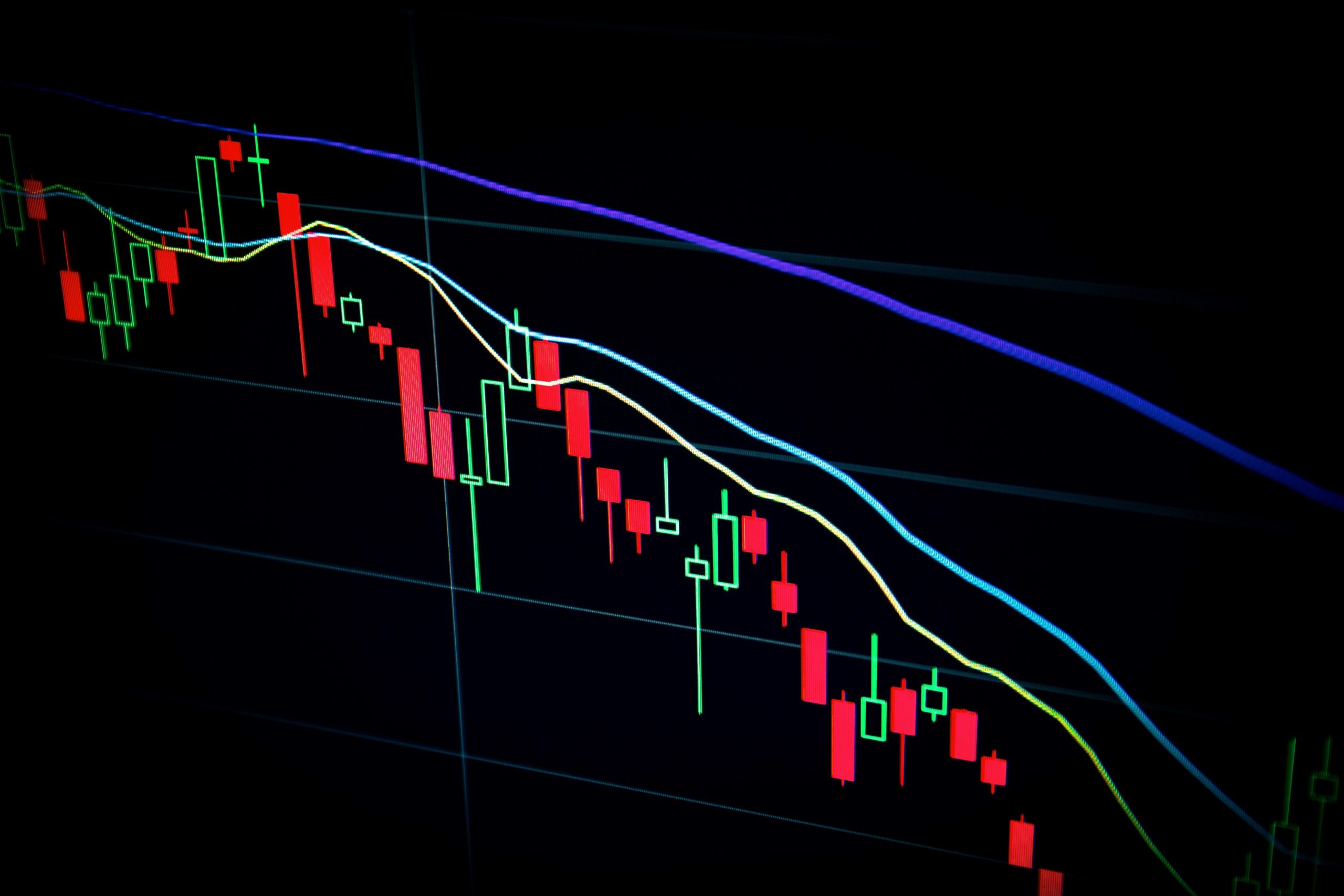This new report commissioned by the Global Solidarity Levies Task Force, titled ‘Taxing Polluters: What is the Impact of a Global Minimum Tax on the Extractive Sector?’, assesses the potential and limitations of applying the OECD / G20 global minimum tax (Pillar Two) to the extractive sector, a high-profit and high-emission industry at the center of climate and development debates. Using country-by-country data from 27 major extractive multinationals operating in 165 jurisdictions, the authors estimate the revenue that could be raised under different minimum tax rates and examine how outcomes vary depending on policy design and firm behaviour.
Their findings show that a 15% global minimum tax on the extractive sector would generate modest revenues, around €17 billion annually when extrapolated globally. However, the revenue potential increases sharply with higher rates, surpassing €40 billion at a 30% rate and €100 billion at 40%. These gains, they find, are highly concentrated among few jurisdictions and firms. Low-tax jurisdictions and headquarter countries stand to gain the most, while resource-rich countries – despite hosting extraction and bearing its costs – capture relatively little.
Design choices critically shape the effectiveness of the reform. The self-enforcing design of Pillar Two disincentivizes profit shifting and can boost revenues through behavioural responses. At the same time, substance-based carve-outs reduce revenues by over 20%, and political concessions, such as the G7’s decision to exempt US multinationals from part of the enforcement mechanisms, further undermine the system’s reach.
Overall, while the global minimum tax offers a framework for reducing tax avoidance and mobilising fiscal resources from the extractive sector, its current design—characterised by carve-outs, exemptions, and uneven implementation—risks limiting both its fairness and effectiveness. Moreover, the authors note it is not well suited to drive climate action directly. More targeted tools are better placed to address the environmental footprint of polluting industries.
The report is co-written by Alice Chiocchetti, Paul-Emmanuel Chouc, Lucas Delbecq, Ninon Moreau-Kastler, Mathieu Parenti, Giulia Varaschin and Gabriel Zucman.






